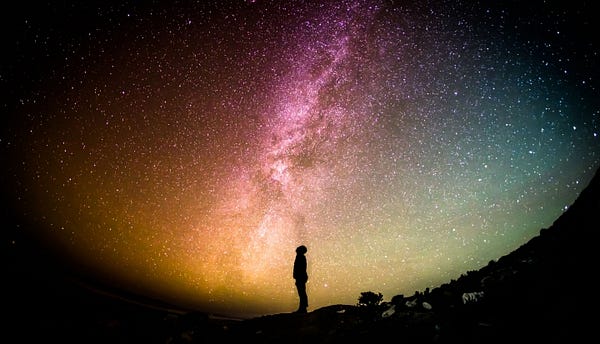To care for the Earth and for life’s common future does not require some form of spiritually motivated altruism once we are conscious of the systemic interdependencies that our survival depends upon. The motivation for intelligent and aware people to transform business as usual can simply be a form of enlightened self-interest. It is also true that once we start the practice of caring for others (humans and other species) in the same way as we care for ourselves, we begin to realize that our perception of a separate self was in itself a limited perspective. We are relational beings in a world where everything affects everything and therefore to care for others is to care for our self. We are integral participants and expressions of Life.
The way to care for our selves and our families, the way to sustain this and future generations of human beings is to care for life as a whole. Whether we chose to draw upon spiritual teachings or a reconnection with the sacred in order to imbibe this insight with even deeper meaning for us is our choice, not a requirement.

At their very core all the world’s spiritual traditions and sacred texts reflect upon the question of right relationships, between people and between all of life. So maybe the way to finally disarm religious fanaticism and separatism could be to revisit these wisdom traditions and explore their common message about how to live in right relationship with each other and the Earth? Our future depends on the health of ecosystems everywhere. The health of the biosphere and the future of humanity are inseparable. More than sixty years ago Albert Einstein saw the challenge ahead:
“A human being is part of the whole — called by us universe, a part limited in time and space. He experiences himself, his thoughts and feelings as something separate from the rest, a kind of optical delusion of his consciousness. This delusion is a kind of prison for us restricting us to our personal desires and to affection for a few persons nearest to us. Our task must be to free ourselves from this prison by widening our circle of compassion to embrace all living creatures and the whole of nature.” — Albert Einstein
Einstein understood the limitations we impose on ourselves by our way of thinking, which determines what we focus on and how we see the world. He asked us to question who we are and our relationships with all of life and the universe as a whole. Einstein invited us to explore a more systemic perspective, holistic thinking, and an integrative consciousness that acknowledges our participatory intimacy with Universe, as a fundamentally interconnected and continuously transforming whole manifesting as patterns of energy, matter, and consciousness. In this view matter and consciousness, matter and life, matter and mind, matter and spirit are not separate but intertwined.
We cannot expect our scientific methodology to provide us with irrefutable proof of such claims, as the perspective of being able to prove something based on objective data and research is in itself part of the narrative of separation that divided heart from mind, culture from nature, self from world, science from spirituality in the first place.
We can however step into the space between stories, between narratives and acknowledge multiple ways of knowing, neither dismissing the reductionistic scientific perspective nor the participatory holistic perspective. If we are able to suspend judgement from within the dogmatic tendencies of our dominant worldview and open ourselves to experiencing reality in new ways, these are some speculative questions we might want to live into:
To read the rest of this article, please visit: Caring for Earth is caring for our self and our community





